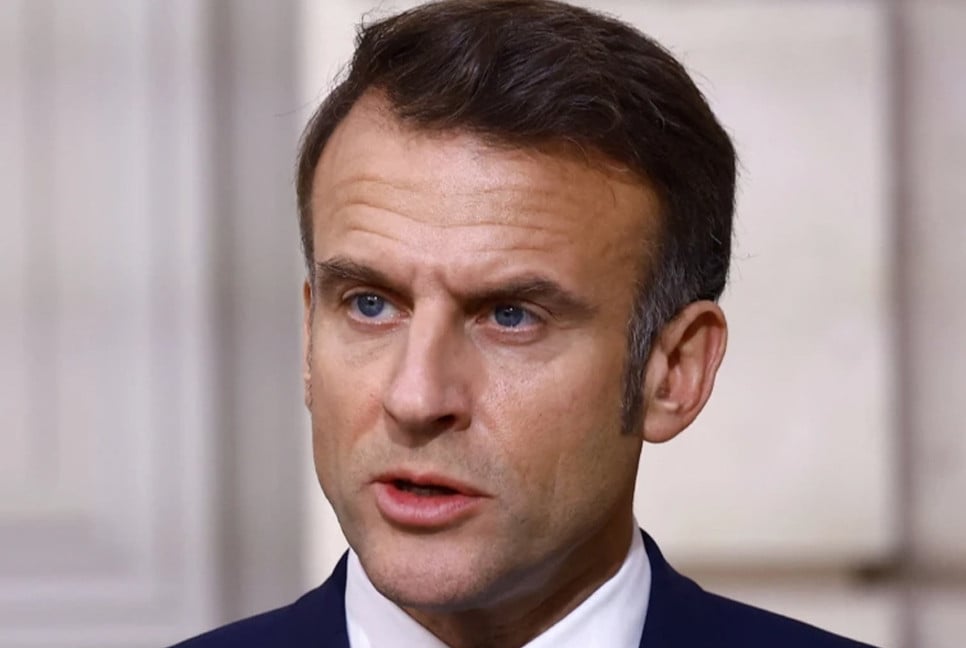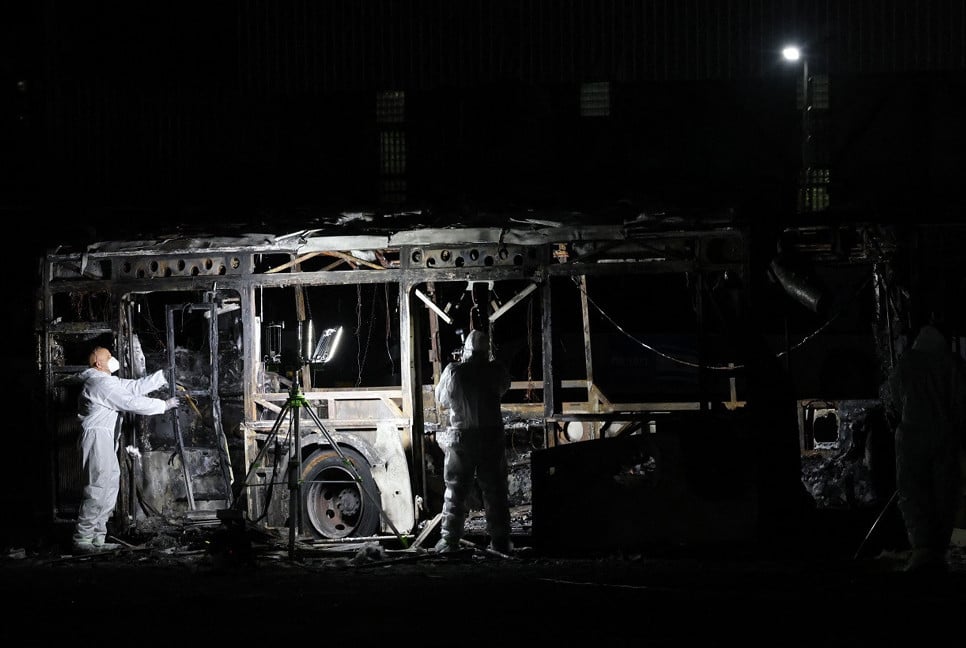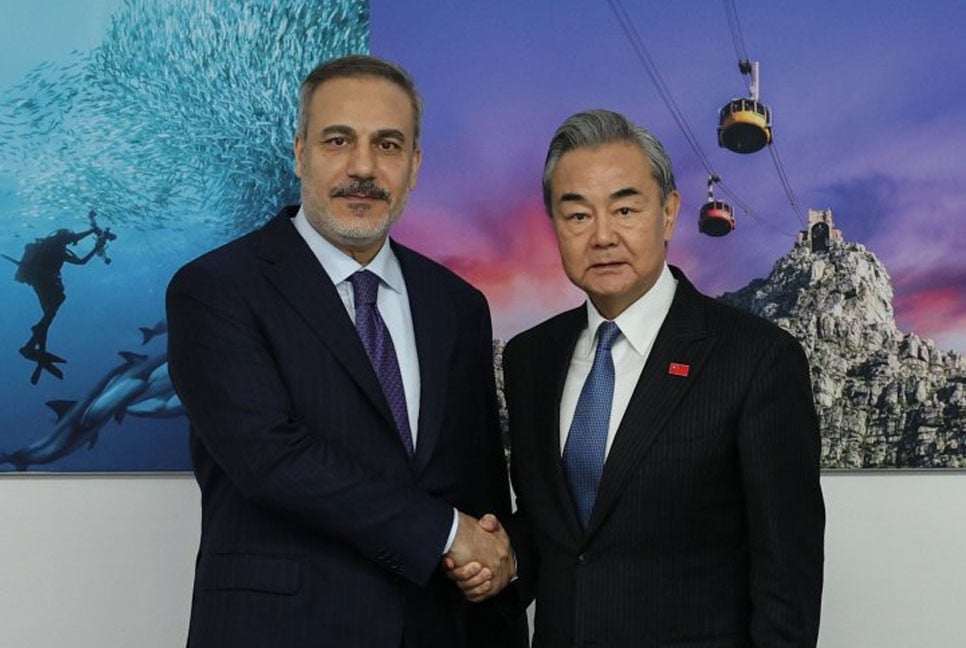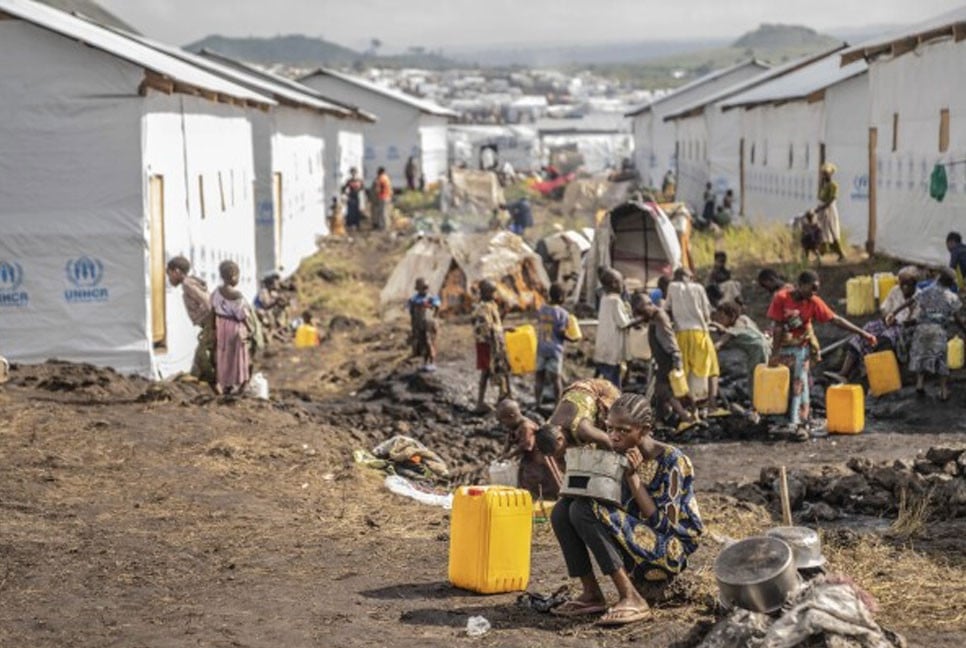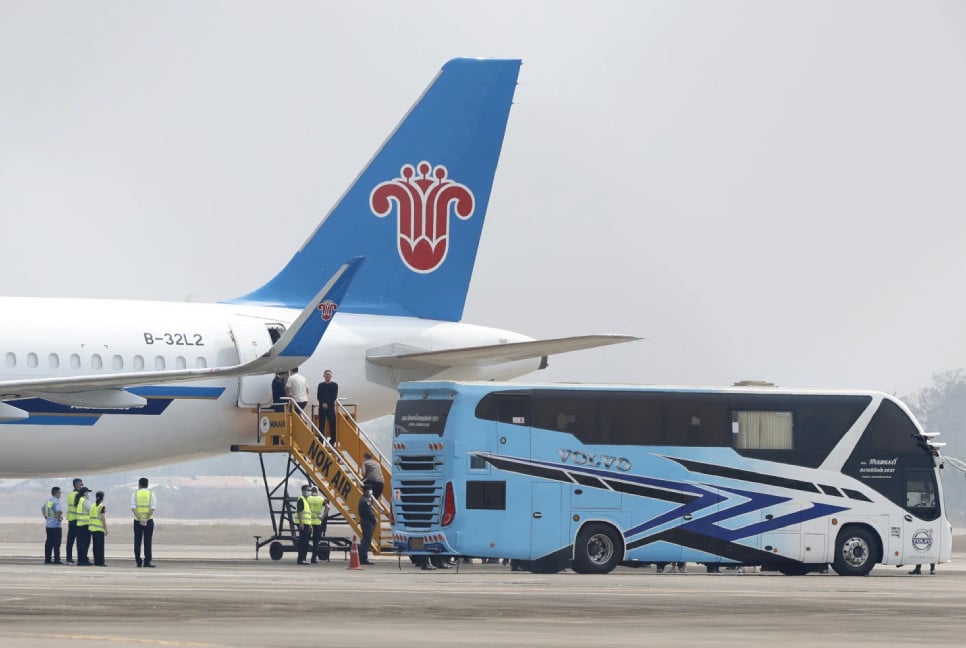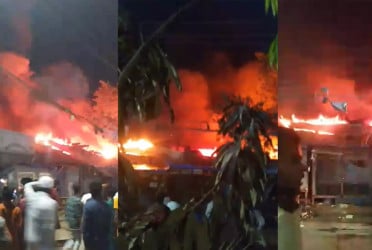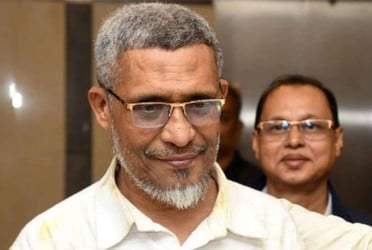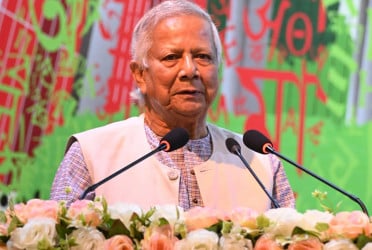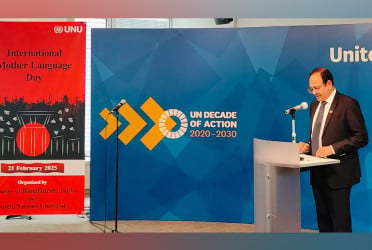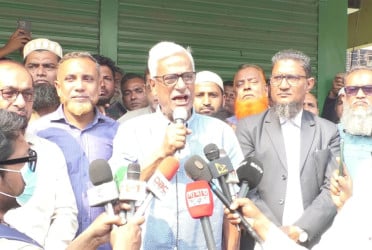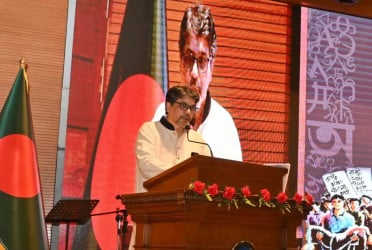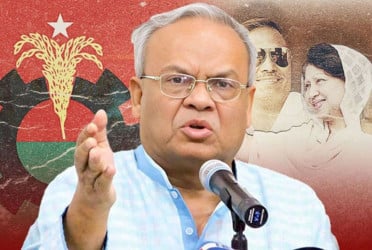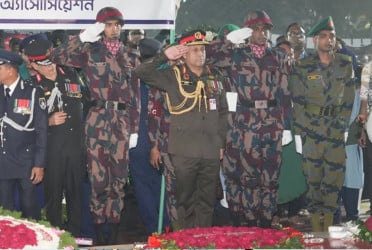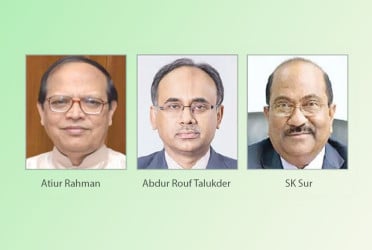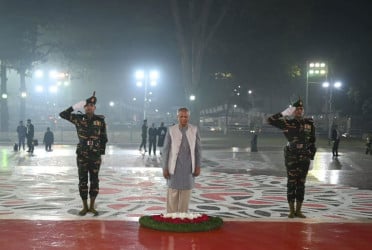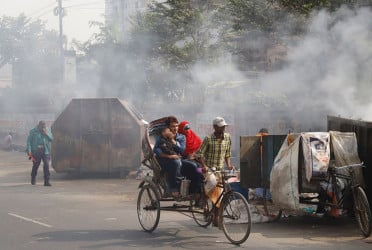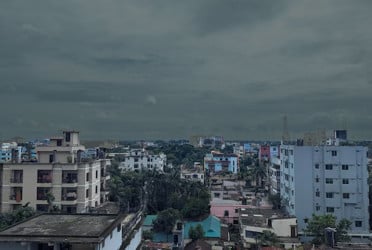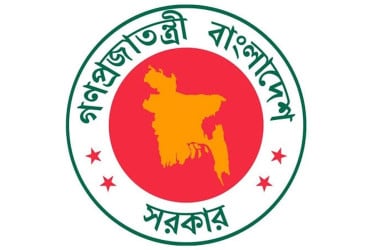French President Emmanuel Macron, for the first time as any head of French government,, formally acknowledged the killing of West African soldiers by French forces in 1944 as a massacre, in a letter addressed to Senegalese authorities on Thursday. The recognition comes on the eve of the 80th anniversary of the Thiaroye massacre, a dark chapter in World War II history that occurred in a fishing village near Senegal’s capital, Dakar.
The acknowledgment coincides with a period of waning French influence in West Africa, where Paris has faced growing challenges in maintaining its ties with former colonies.
The massacre occurred on Dec. 1, 1944, when French soldiers killed between 35 and 400 West African troops—members of the Tirailleurs Sénégalais, a colonial infantry unit that had fought for France in the Battle of France in 1940. The killings followed a dispute over unpaid wages. French forces reportedly rounded up the mostly unarmed West African soldiers, accusing them of mutiny, and opened fire.
Senegalese President Bassirou Diomaye Faye confirmed receiving Macron’s letter, which was reviewed by The Associated Press. Speaking to reporters, Faye expressed hope that this acknowledgment would lead to uncovering the full truth about the massacre.
“We have long sought closure on this story, and we believe that, this time, France’s commitment will be full, frank, and collaborative,” Faye said.
In his letter, Macron stressed the need for transparency about the events. “France must recognize that on that day, the confrontation between soldiers and riflemen who demanded their full legitimate wages triggered a chain of events that resulted in a massacre,” Macron wrote. He also highlighted efforts by a Senegalese government-appointed committee, led by historian Professor Mamadou Diouf, to establish the causes and facts of the tragedy.
Macron’s acknowledgment comes against a backdrop of shifting dynamics in Senegal and the region. Senegal’s ruling party, PASTEF, recently secured a decisive legislative victory, granting President Faye a strong mandate to pursue economic reforms aimed at reducing dependency on foreign companies, including French enterprises.
Regarding the continued presence of French troops in Senegal, Faye hinted at potential reevaluation, citing historical grievances. “France enslaved, colonized, and stayed here,” Faye remarked. “I think it’s hard to imagine another country having a military base in France.”
Macron’s gesture, while significant, reflects broader efforts to repair strained relations in West Africa, where calls for sovereignty and reduced foreign influence are growing louder.
Source: AP
Bd-pratidin English/Lutful Hoque

